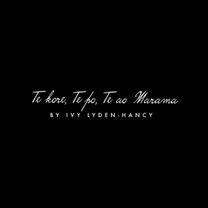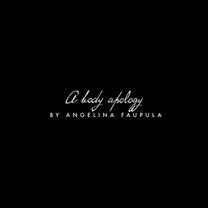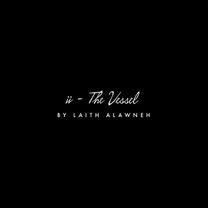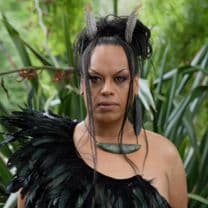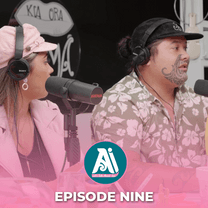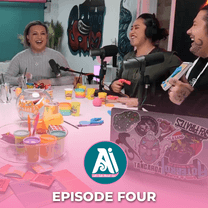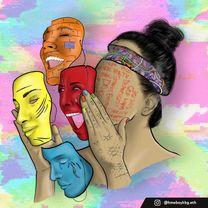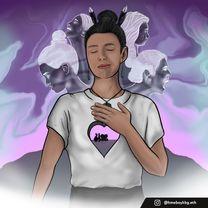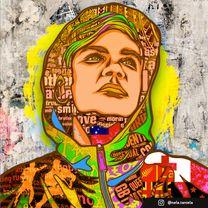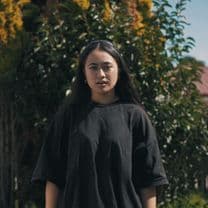
Body Image
You’ve probably heard of the term body image before. Body image is how you see, think and feel about your physical appearance. Pretty much everyone feels or has felt self-conscious about or unhappy with many different aspects of their bodies, like weight, height, skin, hair or the shape or size of your body. Have you ever wondered why?
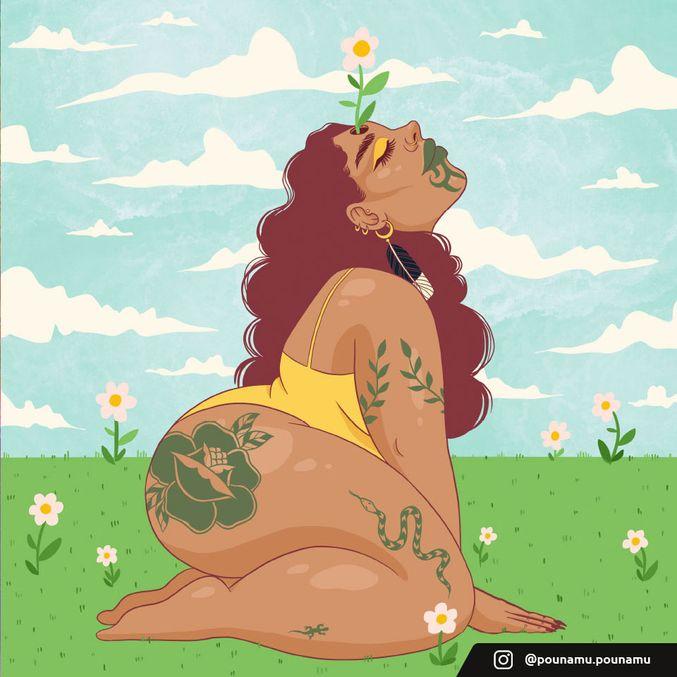
We live in a society that for hundreds of years has told people that their bodies should look a certain way. At one time, people actually were told they needed to be fat to be viewed as attractive, as only rich people could afford to eat enough food to be fat, so it showed that you were privileged.
Since then, society has gone through many different versions of what people thought was ‘ideal’ and ‘attractive’ – this has often focused around having an ideal body shape and having pale skin. When we look at these ideals objectively, we see that they come from a history of sexism, racism and discrimination.
Knowing where this belief comes from, we can understand that when we look at our bodies, how we feel about them doesn’t just come from our own minds – it’s shaped by our beliefs, our families and friends, our life experiences, social media and the expectations of society.
Having this knowledge doesn’t mean that it’s instantly super easy to feel good about yourself though, so it helps if you understand where your body image is at and where you want it to be. When you look at yourself, there are three main ways you might see your body: with positivity, neutrality or negativity.
A positive or healthy body image is feeling happy and satisfied with your body. A person who has positive body image understands that their sense of self-worth does not depend on their appearance.
This person may be accepting and appreciative of their body, including how it looks and what it can do. They may make a choice to believe that their body is beautiful and special and they will love it regardless of its flaws.
Body neutrality / acceptance is a bit different. A person who is choosing to view their body neutrally & with acceptance is someone who focuses on what their body does for them rather than what they look like. For many people, it’s just too hard to view your body with the positive views listed above. So, a person who is accepting of their body understands that there are things about their body that they don’t want to celebrate or pretend that they love, but they can still choose to look after and even appreciate their body because it is useful, it helps them do things they enjoy and it has some pretty cool functions. A body neutral person understands that you don’t have to love how you look to accept yourself.
Going from “I do not like my body” to “I love my body” can be a stretch for a lot of people, and body neutrality & acceptance offers a space to be who you are without judgement and forced positivity.
A negative or unhealthy body image is when you look in the mirror and feel are unhappy or unsatisfied with the way you look. You might not want to look at your body at all or you might feel embarrassed or ashamed and try to keep parts of it covered so others can’t see it. It’s very common to want to change things about your body also.
This is really common in your teens when hormones are doing crazy things to your body, but it often also lasts right through your adult years. It’s a difficult mindset to change but it’s important that you don’t let what you focus on when you look in the mirror change the way you feel on the inside.
Having a negative body image can lead to a range of different struggles for your mental health like body dysmorphia, which is when body image becomes a huge focus and it can have a huge negative impact on your mind and health.
Body Dysmorphia is also often linked to Gender Dysphoria, which is when you feel like there is a mismatch or loss of connection between the gender you were assigned at birth and how you identify. When your body’s physical characteristics don’t match the person that you are inside of it, it can be extra hard to love it. If you’re struggling with feelings like this, you can find support by checking out Rainbow Youth or Outline.
Having a neutral or positive body image can be a tough work in progress but it’s important that we keep trying. It affects us every day of our lives and has a positive impact on the interactions we have in our relationships, school/work environments and everyday activities.
It’s also important to remember that it’s ok to try out new styles and that you don’t have to dress or style the way you look according to gender norms and the way others around you are dressing. Regardless of whether you identify as female, male or gender diverse, it’s ok to dress in whatever makes you happy – whatever that happens to be.
If the way you feel about your body is causing you to feel down a lot, talk to a friend or someone you trust about how you feel. They may be able to help you understand why you’re feeling this way and support you in finding ways to improve how you feel and become a happier version of yourself.
Where to get help:
If you’re thinking about harming yourself or are having suicidal thoughts, call Lifeline on 0508 82 88 65 now to talk to someone who cares and can support you.

